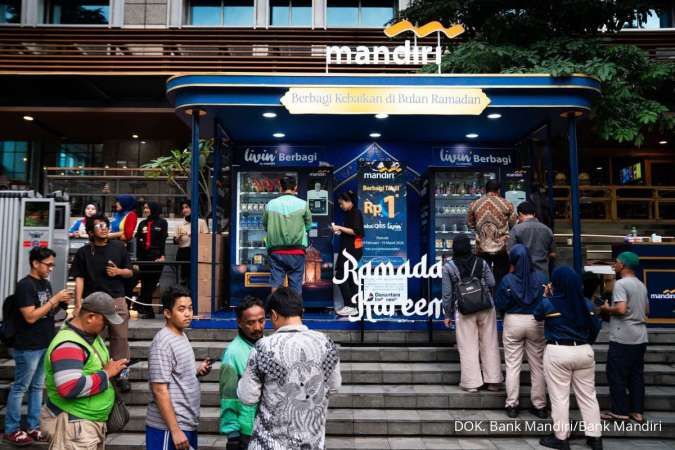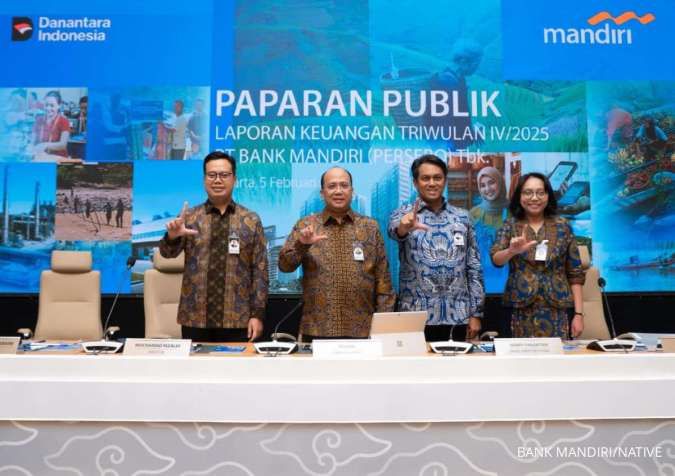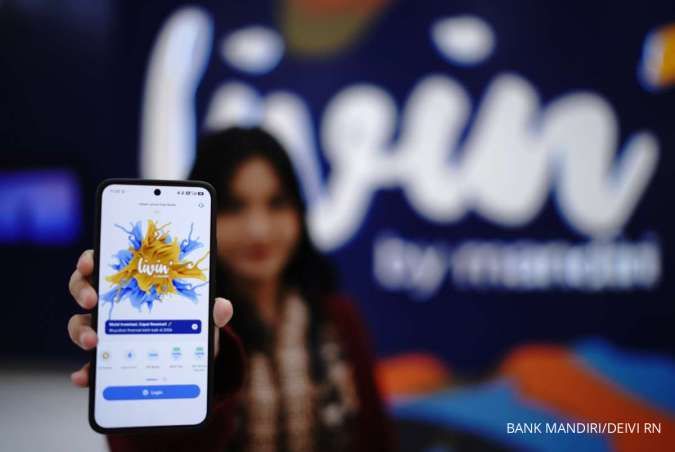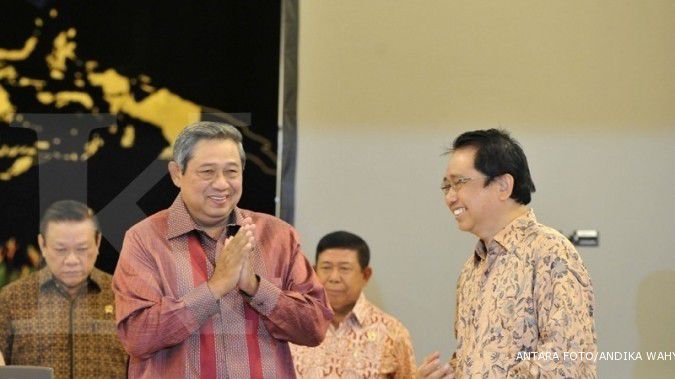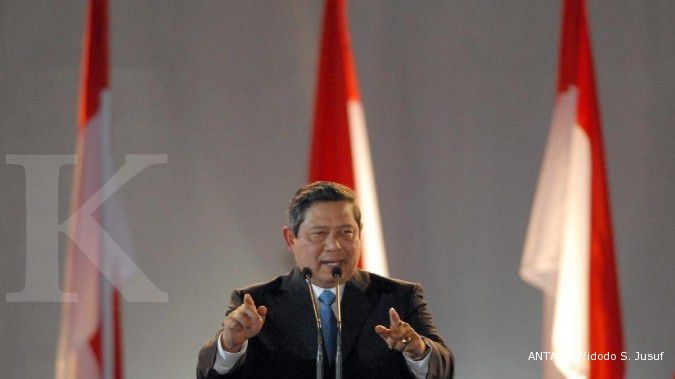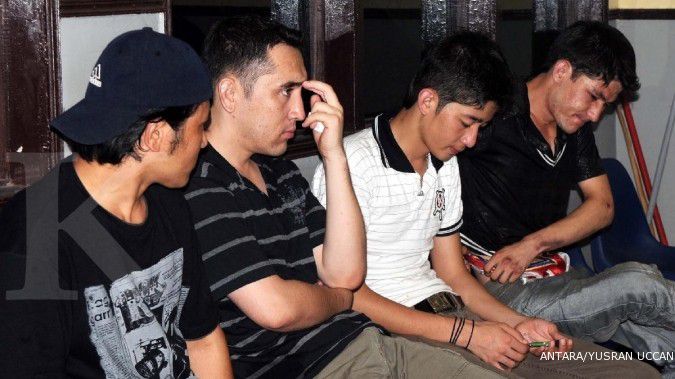JAKARTA. Presidential spokesman for foreign affairs Teuku Faizasyah repeated on Sunday that Australia needed to ensure that it had the “sincere intention” to rebuild trust and confidence with Indonesia, required to normalize damaged relationships between Canberra and Jakarta. Faizasyah made the comment in the wake of a controversial statement by Australian Prime Minister Tony Abbott, suggesting that Canberra would not stop spying on Indonesia. The statement came only a day after Australian Foreign Minister Julie Bishop pledged in Jakarta on Thursday that her government would never use its intelligence assets “in any way that could harm Indonesia.” He said that Indonesia needed to be assured that Australia’s willingness to repair the damaged ties was genuine.
RI unsure about Australia’s 'sincerity'
JAKARTA. Presidential spokesman for foreign affairs Teuku Faizasyah repeated on Sunday that Australia needed to ensure that it had the “sincere intention” to rebuild trust and confidence with Indonesia, required to normalize damaged relationships between Canberra and Jakarta. Faizasyah made the comment in the wake of a controversial statement by Australian Prime Minister Tony Abbott, suggesting that Canberra would not stop spying on Indonesia. The statement came only a day after Australian Foreign Minister Julie Bishop pledged in Jakarta on Thursday that her government would never use its intelligence assets “in any way that could harm Indonesia.” He said that Indonesia needed to be assured that Australia’s willingness to repair the damaged ties was genuine.
